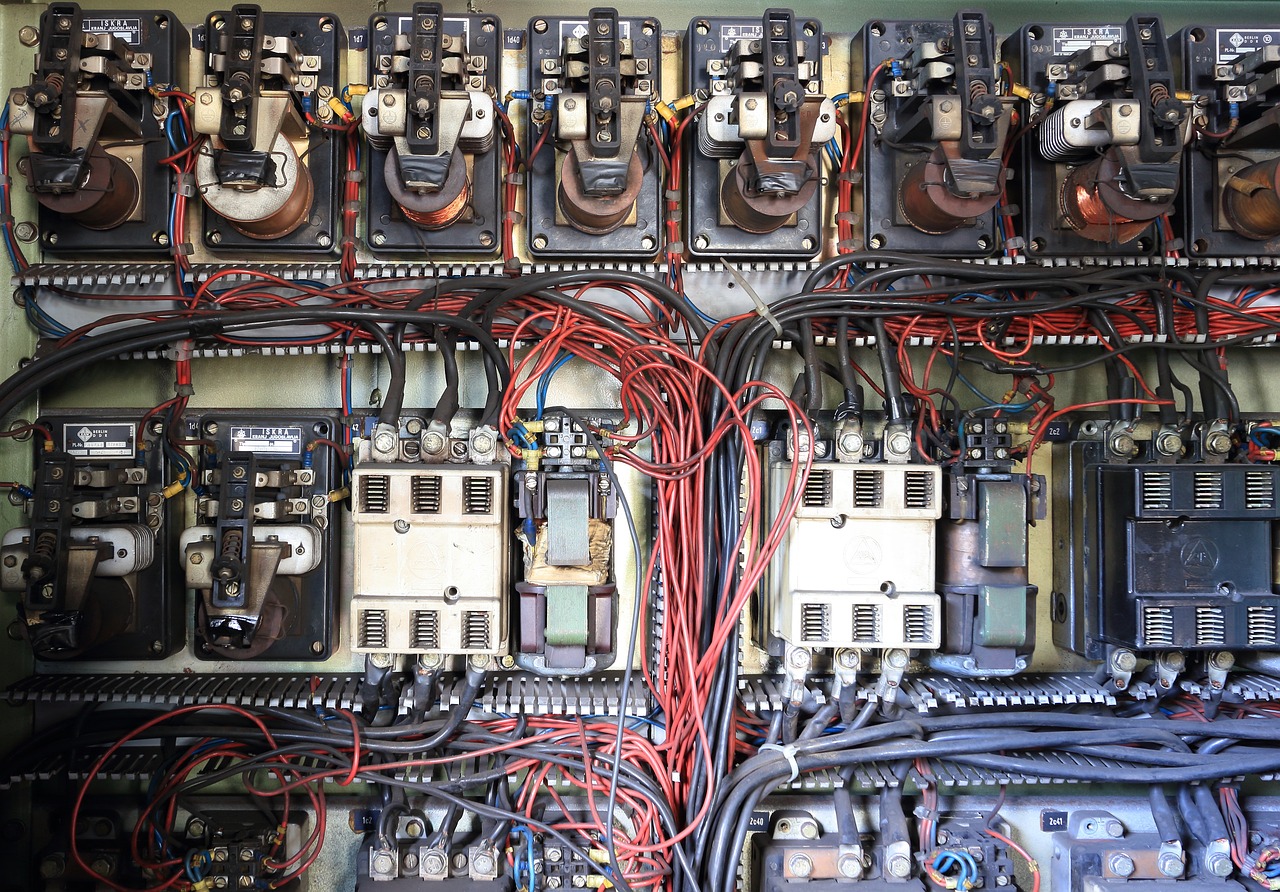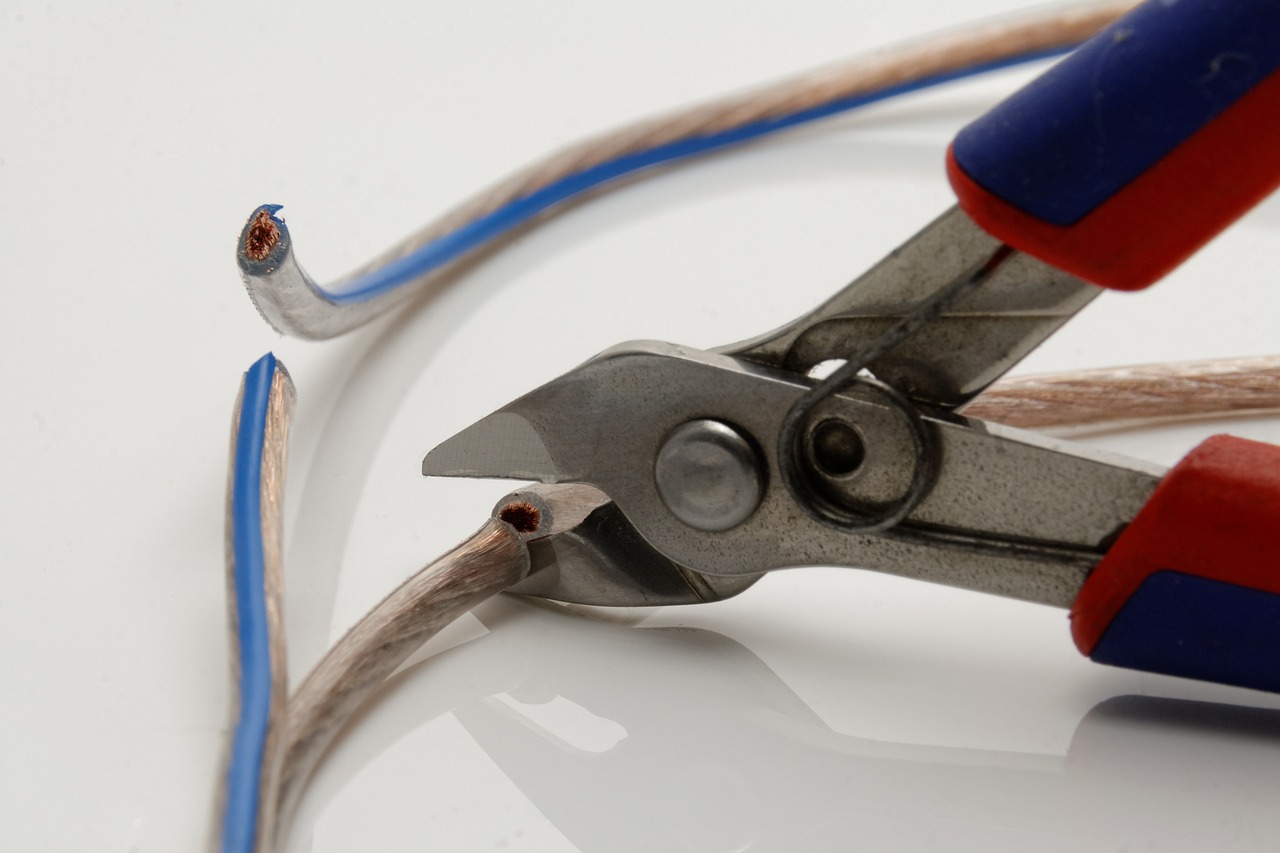If you’re planning on rewiring your home, it’s important to take the necessary safety precautions to protect yourself and your property. Electrical work can be dangerous, but with the right approach and mindset, you can complete the project without incident.
In this article, we’ll go over some of the key safety measures you should take when rewiring your home.
First and foremost, it’s essential to turn off the power before beginning any electrical work. This may seem like an obvious step, but it’s one that can be easily overlooked in the excitement of getting started. Make sure to turn off the main circuit breaker and any other relevant breakers before proceeding.
Additionally, it’s a good idea to wear protective gear such as gloves, safety glasses, and a hard hat to further minimize the risk of injury.
By taking these basic precautions, you can ensure that your rewiring project goes off without a hitch.
Turning Off the Power
You’ll want to make sure you turn off the power before attempting any rewiring- it’s not just about avoiding a shock, it’s about protecting your home and loved ones from potential hazards. Power down all the electrical circuits in your home before starting any rewiring work.
This is important because you never know when an accident may occur, and you want to be prepared for any unexpected situation that could arise. To ensure emergency preparedness while rewiring, you should also have a fire extinguisher, a first aid kit, and a phone close by in case of an emergency.
Moreover, make sure all the electrical equipment and tools you use are in good condition and have proper grounding. Never touch any electrical equipment with wet hands or while standing on a wet surface. Following these precautions will help you avoid any accidents and ensure that your rewiring project is completed safely and efficiently.
Wearing Protective Gear
To ensure your well-being, it’s essential to don the appropriate protective gear when working on electrical systems.
There are different types of protective gear that you should wear when rewiring your home. Firstly, you should wear safety glasses to protect your eyes from sparks or debris that may be produced while working on electrical systems. Furthermore, you should wear gloves to protect your hands from electrical shocks or burns. Rubber gloves are the best type of gloves to wear as they’re non-conductive and can protect you from the electric current.
Apart from glasses and gloves, it’s also important to wear non-conductive footwear to protect yourself from electrical shocks. You can wear rubber-soled shoes or boots to ensure that you’re not exposed to the current. Additionally, you should wear an insulated hat to protect your head from any accidental contact with electrical wires.
Remember that wearing protective gear is crucial in preventing accidents or injuries while rewiring your home. So, take the time to put on the appropriate gear before you start working.
Properly Handling Tools and Materials
When handling tools and materials, it’s easy to get caught up in the task at hand, but remember to stay focused and alert to avoid any potential danger.
Start by inspecting your tools before using them to ensure they’re in good working condition. Tool maintenance is crucial for your safety and the success of your project.
Proper handling techniques are also essential to prevent accidents. Always use tools according to their intended purpose and handle them with care.
Sharp tools should be kept out of reach of children and stored in a secure place when not in use.
Choosing the right materials for the job is also crucial for your safety. Make sure to read the labels and instructions carefully before using any materials.
Follow the recommended safety precautions when using chemicals or hazardous materials. When working with electricity, always turn off the power supply before handling any wires or outlets.
Stay alert and focused on the task at hand to avoid accidents and ensure a successful project.
Remember, safety should always be your top priority when rewiring your home.
Checking for Hazards
Stay alert and keep an eye out for potential hazards as you work on your project. Before you begin rewiring your home, take the time to identify any hazards in the work area.
Start by preparing the space where you’ll be working. Make sure the area is clean and free of clutter. Remove any furniture, rugs, or other items that could get in your way or become tripping hazards.

Next, take a look at the electrical system itself. Look for any frayed wires, damaged outlets, or other signs of wear and tear. Make sure all the wires are properly insulated and that there are no exposed wires. Additionally, check for any water damage or signs of dampness, as this can be a serious hazard when working with electricity.
By taking the time to properly identify and address any hazards, you can help ensure that your rewiring project is completed safely and successfully.
Testing and Inspecting the Rewiring Work
Once the rewiring work is finished, it’s important to test and inspect the electrical system to ensure everything is functioning properly. This can be done using testing equipment such as a voltage tester or an outlet tester.
These tools will check for any potential problems like improper grounding, reversed polarity, and overloaded circuits. It’s also recommended to have a professional inspection done to ensure the electrical work is up to code and safe for your family.
This will give you peace of mind knowing that everything is properly installed and functioning correctly. Overall, taking these precautions during and after the rewiring process will help keep your home safe and ensure that your electrical system is working efficiently.
Frequently Asked Questions
How much does it typically cost to rewire a home?
If you hire a professional electrician, rewiring a home can cost between $2,500 to $10,000 or more depending on the size of your home. DIY rewiring can be cheaper, but it’s not recommended due to safety concerns.
Can I do the rewiring myself, or do I need to hire a professional?
DIY rewiring is not recommended due to the risks involved. Hiring a professional has benefits such as expertise and insurance coverage, but drawbacks include cost. Always prioritize safety when rewiring your home.
How long does the rewiring process usually take?
The rewiring timeline varies depending on the size of your home and the complexity of the electrical system. Before beginning, an electrical system assessment should be conducted to determine the scope of the project.
Will rewiring my home increase its resale value?
Yes, rewiring and electrical upgrades can increase your home’s resale value. Homebuyers often look for updated electrical systems and are willing to pay more for them, leading to a higher home value.
Are there any government grants or programs that can help with the cost of rewiring a home?
Did you know that there are government grants and financing options available to help with the cost of rewiring your home? Check with your local government or utility company to see if you qualify for any assistance.
Conclusion
Now that you’ve successfully rewired your home, it’s important to take a few final safety precautions.
First, make sure to turn the power back on and test all outlets and switches to ensure they’re working properly.
Next, clean up any debris and dispose of materials safely. Remember, electrical work can be dangerous if not done correctly.
It’s important to always wear protective gear, properly handle tools and materials, and check for hazards.
If you ever feel unsure about a task or encounter an issue during the rewiring process, don’t hesitate to seek professional help.
By following these safety precautions, you can enjoy your newly rewired home with peace of mind.



